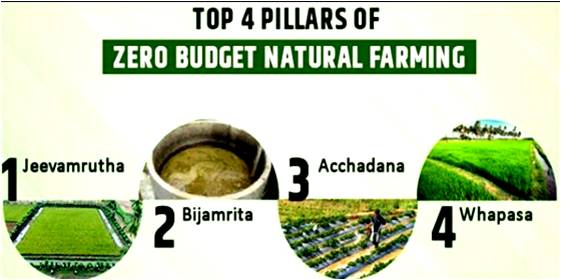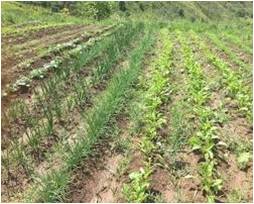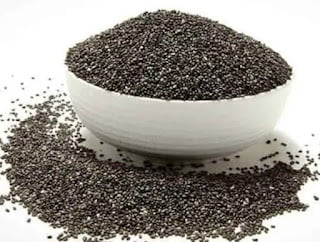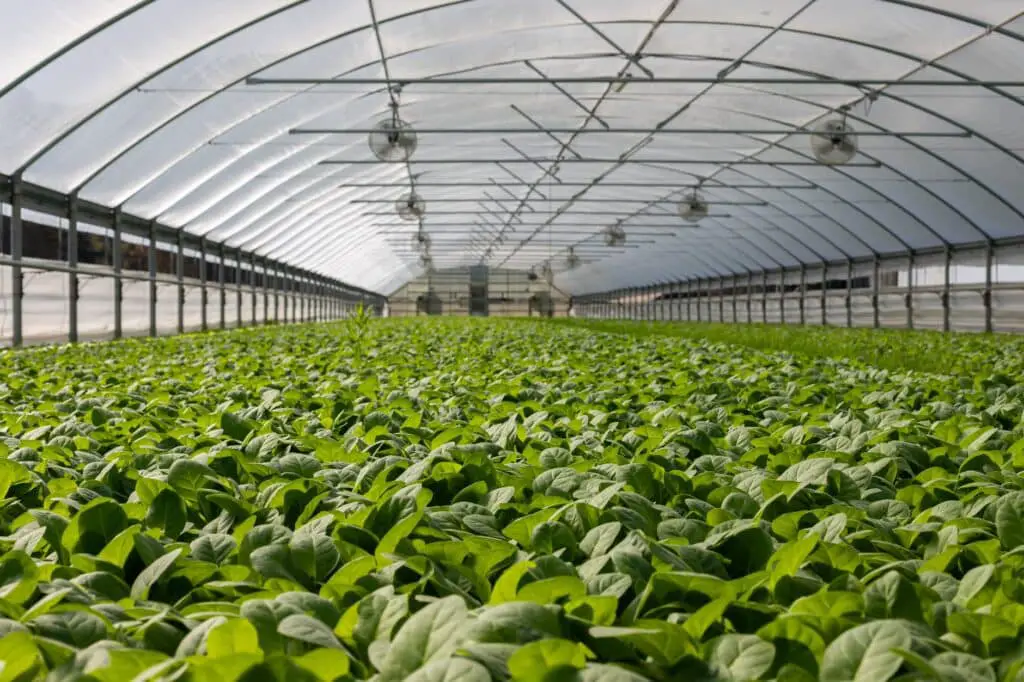Subhash Palekar Natural Farming (SPNF): It is a sustainable farming method developed by the Indian farmer and environmentalist Subhash Palekar. It is based on the principles of organic farming and agroecology, and it aims to improve soil health, reduce input costs, and increase crop yields.
It is one of the environmentally friendly methods for maintaining agricultural productivity without resorting to toxic chemical-based inputs. The government of Himachal Pradesh decided to promote programs and incentives for natural farming in order to achieve its goal of becoming completely natural by 2022, joining the numerous Indian states that have adopted natural farming practices. But in order to keep our agriculture sustainable going forward, more study in this area and greater farmer awareness campaigns through various government initiatives are needed to improve natural farming and its future flexibility. ‘Subhash Palekar Natural Farming (SPNF)’
Why Natural Farming Important?
Natural farming is an environmentally sustainable method that benefits both farmers and the environment because of the following characteristics:
- No use of chemical fertilizers, pesticides, herbicides, tillage, pollutants, or artificial heating
What is Subhash Palekar Natural Farming (SPNF)
Subhash Palekar natural farming inputs obtained locally and at a low cost are used in natural farming. Biopesticides and fertilizers made from the urine and dung of native cows are employed in this kind of farming. A significant component of this method is the raising of natural cows. As a result, one of the main conditions for implementing this system is the acquisition of cows from local breeds. Because they create natural barriers, cultural agricultural practices including raised bed cultivation, crop rotation, intercropping, and mixed cropping are also thought to be important for managing diseases. ‘Subhash Palekar Natural Farming (SPNF)’
SPNF is based on the following four principles:
1. Jeevamrit: Fermenting a microbial culture with inputs of soil, jaggery, pulse flour, dung and urine from cows. Jeevamrit encourage microbial activity to increase the bioavailability of nutrients and give defense against infections. Give the plants traces of nutrients, such as nitrogen.
- Compositions: 200 lit. water, 10 kg cow dung, 5-10 lit. cow urine, 1-1.5 kg jaggery, 1-1.5 kg pulse flour and one feast of soil from any bund of a basin
of an old tree.
2. Beejamrit: Utilizing local cow dung and urine for seed treatment. It keeps new roots safe from diseases brought on by fungi, seeds, or the soil. ‘Subhash Palekar Natural Farming (SPNF)’
- Compositions: 20 lit water, 5 kg local cow dung, 5 lit. local cow urine, 50 gm lime and one feast of soil from any bund of basin of old tree
3. Achadan/Mulch: Using agricultural wastes and cover crops to cover the topsoil, such as soil mulch, straw mulch, and live mulch. It creates humus, covers topsoil, retains water better, promotes soil wildlife, and keeps weeds away.

4. Wapsa/Moisture: Irrigation in alternating ditches at midday to keep water and air molecules in the soil. It boost water availability, water use efficiency, and drought resistance. ‘Subhash Palekar Natural Farming (SPNF)’
Other Principles of Subhash Palekar Natural Farming (SPNF)
- Crop rotation: Crops are rotated to improve soil health and prevent pest and disease outbreaks.
- Intercropping: Multiple crops are planted together to improve soil coverage and reduce weed growth.
- Cover cropping: Cover crops are planted between cash crops to improve soil health and prevent erosion.

SPNF has been shown to be effective in improving soil health, reducing input costs, and increasing crop yields. It is a viable alternative to conventional farming methods and has the potential to help farmers in India and around the world.
Benefits of SPNF:
- Improved soil health: SPNF helps to improve soil health by increasing organic matter content, improving drainage, and reducing erosion. This can lead to increased crop yields and reduced input costs.
- Reduced input costs: SPNF uses natural inputs that are readily available and affordable. This can help farmers to reduce their input costs and increase their profits.
- Increased crop yields: SPNF can help to increase crop yields by improving soil health and pest and disease management.
- Climate resilience: SPNF can help to make farms more resilient to climate change by improving soil health and water retention.
SPNF in India:
SPNF is gaining popularity in India, with over 2 million farmers practicing it. The Government of India has also supported the adoption of SPNF, launching a number of initiatives to promote it. ‘Subhash Palekar Natural Farming (SPNF)’
Conclusion:
SPNF is a promising sustainable farming method that has the potential to benefit farmers and the environment. It is a viable alternative to conventional farming methods and has the potential to help India achieve its goal of doubling agricultural productivity by 2025.







